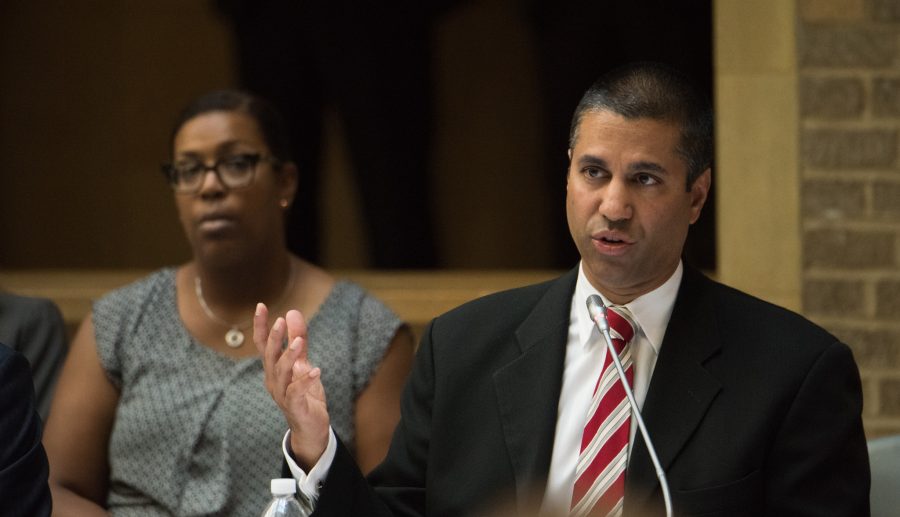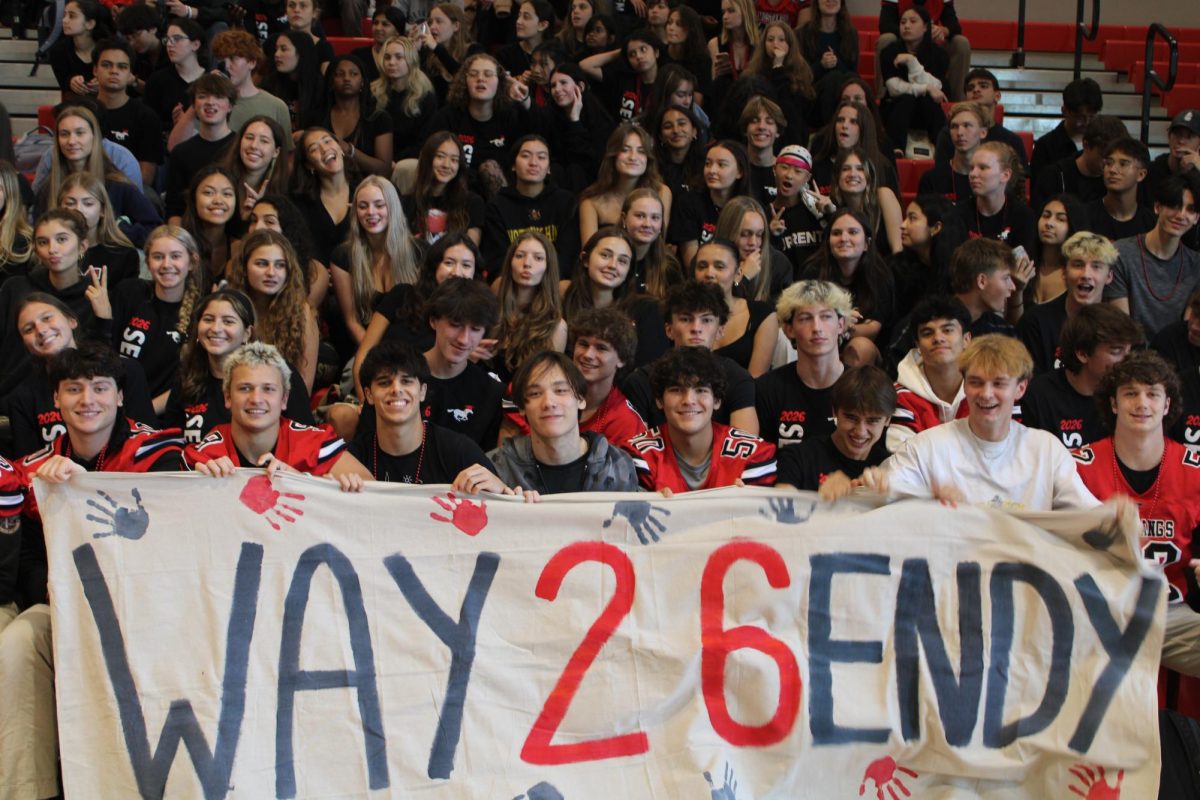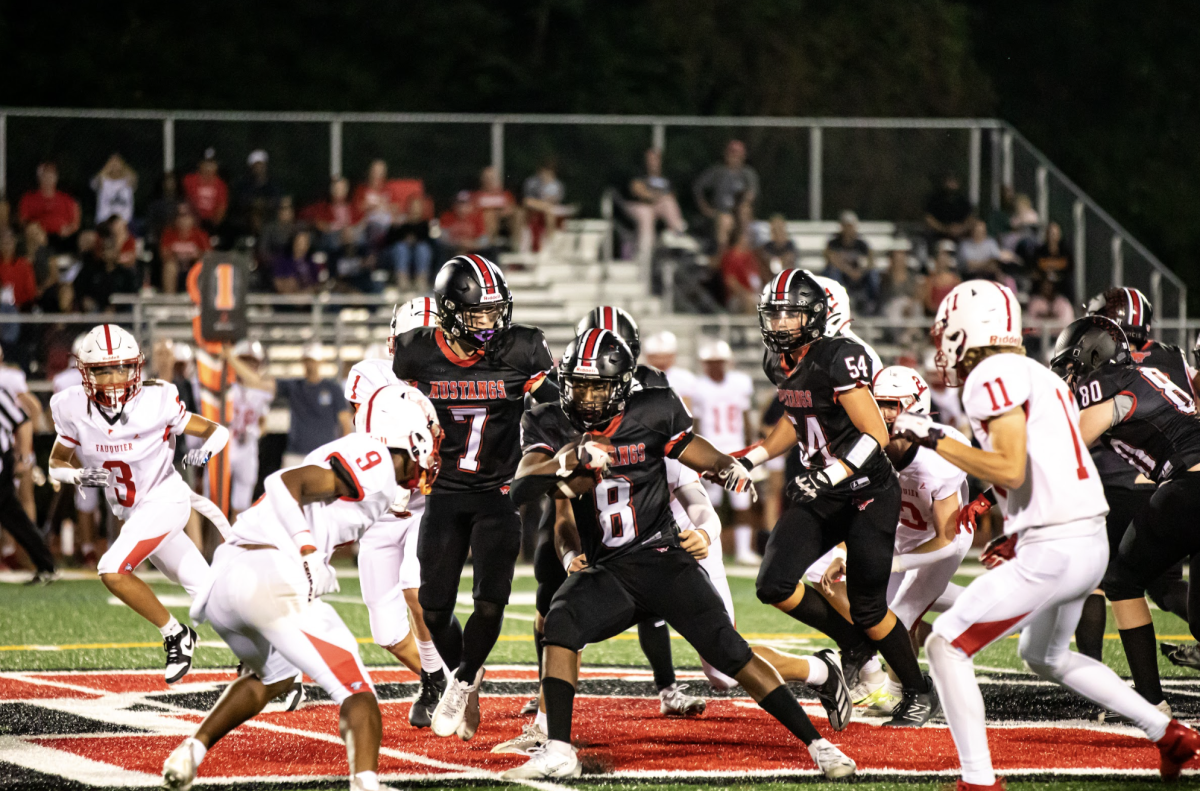
In a 3 to 2 decision on December 14, 2016, the Federal Communications Commission (FCC) voted to repeal the 2015 “net neutrality” regulations. This vote to overturn the rules created under the Obama administration was led by Ajit Pai, the new chairman of the FCC under the Trump administration, who has long been advocating against these rules.
To understand the impact the decision could have, it is important to first understand what net neutrality is. Net neutrality is the principle that ISPs such as Verizon cannot interfere with their consumers’ access to content. This means that ISPs cannot favor certain websites or block others, and that they must treat all content the same.
This was the focus of 2015 regulations made by the FCC. These regulations were made to protect net neutrality by outlawing certain practices, such as ISPs blocking certain content, slowing down or speeding up the transmission of certain content over others, and providing faster service to companies and consumers who pay premiums, and slowing the connections of those who do not. In addition to prohibiting these practices, these rules defined high-speed internet as a utility, meaning ISPs had to provide “commercially reasonable” prices.
However, with the leadership of Ajit Pai, these regulations were repealed by a vote last Thursday. As anticipated, Pai along with Republican commissioners Brendan Carr and Michael O’Reilly voted in favor for the repeal, while Democratic commissioners Mignon Clyburn and Jessica Rosenworcel opposed it.
So what impact will this decision have? One possibility is that ISPs could start charging for access to certain content. Much like how cable television sells channel packages, ISPs could charge a certain amount for a “Social Media” bundle, or a “Video Streaming” bundle. This has been the case in other countries that do not have regulations on net neutrality, such as Portugal, where consumers are charged up to €4.99, or $5.94 a month per package. While this may not necessarily be what will happen in the U.S., it is certainly a possibility.
Another concern is that ISPs may take advantage of high-speed internet no longer being classified as a utility to raise prices for faster connection. This may result in the creation of “fast lanes” and “slow lanes,” meaning people who are able to afford paying premiums will be able to have faster internet, whereas those who cannot will be forced to have a slower connection. This would mean people who have lower incomes may not have as fast of a connection as those with higher incomes. This repeal could also have a negative effect on small businesses. Because larger companies have more money to influence ISPs, they could pay to have a faster connection to consumers than smaller businesses with less influence.
Pai says that undoing these regulations will allow for more freedom, saying “The internet shouldn’t be governed like a water company, or an electric company, or a slow-moving subway system. It should be free to innovate. And that’s what we are going to do moving forward.”
However, many people do not agree with Pai. In fact, according to a University of Maryland survey, up to 83% of Americans support net neutrality and disagree with the repeal. Many of these people have taken their beliefs to the street to protest, and even more have called or written to their congressmen to try to make a difference.
Students at George Mason have voiced their opinions on the topic as well.
“Net neutrality is a key part of what makes the internet so great,” said junior Aidan Clark. “If internet companies can control what websites we can visit, and will charge for certain content, that’s just simply unfair.”
“Considering how much we use the internet nowadays, it’s scary to think that removing net neutrality will disrupt the flow of information online,” said sophomore Evan Jones.
“Ajit Pai has not made the right decision for the American people,” added Milan Bastiampillai, another sophomore.
Other students voiced their concerns about those who may not be able to afford fast internet speeds, such as sophomore Ethan Calabrese “Repealing net neutrality is wrong. This decision will make life harder for the poor, who cannot afford to spend extra money on getting a faster internet connection.”
Though many students disagreed with the FCC’s ruling, some questioned its significance. “While I don’t agree with the decision, I don’t think it will really have much of an impact on my daily life,” said sophomore Will Ward.
Although the FCC has made its decision, the effects may not be felt immediately. The ruling may still be challenged in court, and legislators may propose a bill to restore the net neutrality rules, meaning the future of the internet is still uncertain. So, for now, all consumers can do is voice their opinions and wait to see what will happen.









